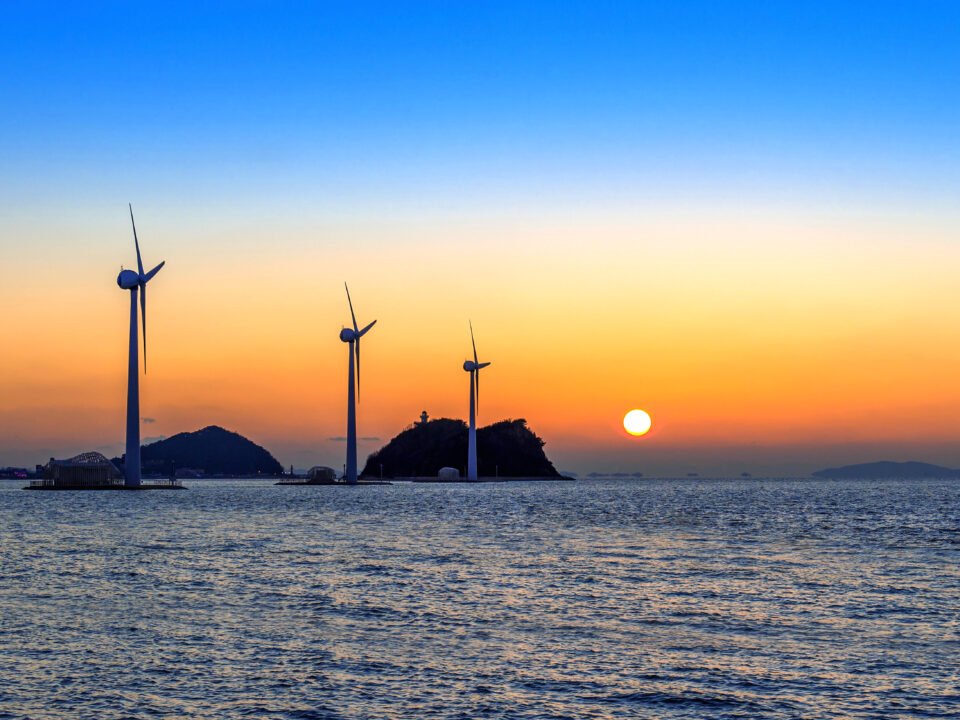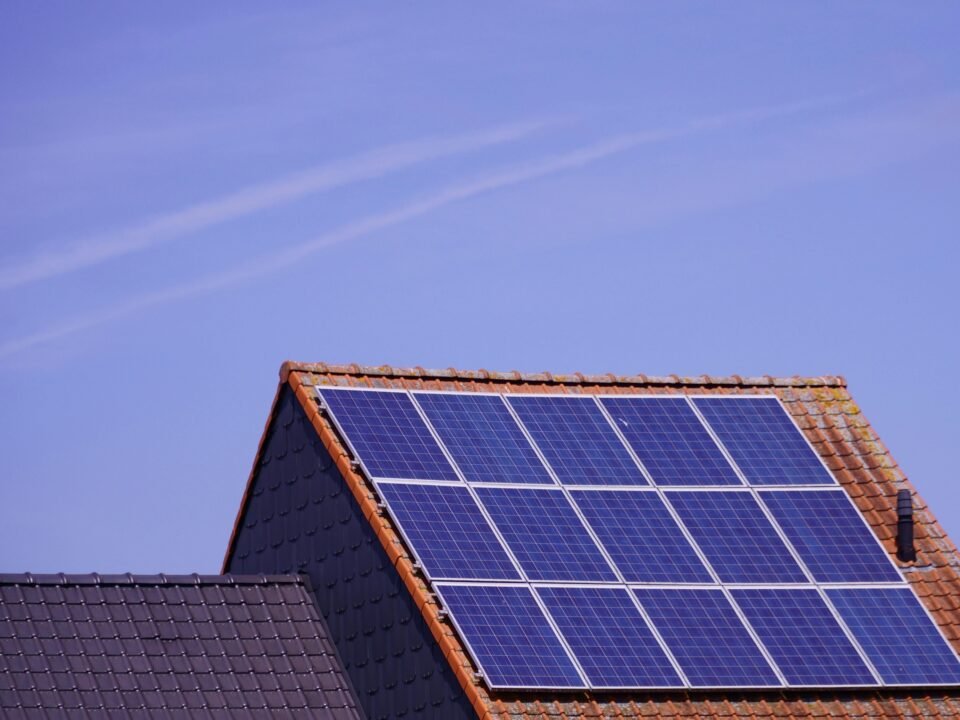Energy is the most vital commodity which is used daily by citizens of any country and an
important base product of the industrial growth of any country across the globe (As of today).
India is the second-largest country in the world in terms of the size of population and home of a population of more than one billion people. At present, please note that India is the second-fastest-growing economy in the world. Due to these two major reasons, the demand for energy in India is increasing rapidly day by day. Due to its huge population, pollution levels in
the environment in India have also risen rapidly in the past few years. The Indian government is thus planning for the production of renewable energy from a low level (household) to a high level (solar power park or wind-generation parks). Renewable energy resources are green and clean and do not produce any harmful greenhouse gasses. Solar energy, wind energy, thermal energy, biomass energy, and tidal energy are the main renewable energy resource options in India (And many more). Due to the perfect geographical location of India, India has a big potential to generate solar energy. India has about three hundred clear sunny days total in a year, which has the potential to generate energy of 5000 trillion kilowatt-hours.
Nearly 70 % of the population of India lives in rural areas and the rural area population is living
with cattle, which can become a source of generation of biomass energy. The government of India is looking forward to fulfilling the country’s energy needs and increasing the energy security of the country from renewable energy systems. Postgraduate courses for renewable
energy are available in India in many specializations, but due to the sharply rising demand for expert engineers for renewable energy systems in India, some technical institutes and science colleges across India have started undergraduate specialized courses related to renewable energy systems or energy systems. India was one of the first countries in the world to set up an independent ministry of non-conventional energy resources (renewable energy) in the 1980s and now it is in a new name – Ministry of New and Renewable Energy (MNRE).
The Indian government has taken multiple initiatives to enhance teaching and learning through the online open web medium. The Indian government has also developed virtual labs, open-source simulation tools, textbook companion projects, online videos lecture databases through National Program for Technology Enhanced Learning(NPTEL), and online thesis management systems – Shodhganga and Shodhgangotri. Main NPTEL courses, design, and optimization of energy systems, energy management systems, energy resources, energy auditing, solar energy technology, material for energy systems, and non-conventional energy systems are the major NPTEL courses that are available online. These courses are free to access through the flash player, YouTube, and download from the NPTEL web server. There is no virtual lab related to RE now and no specific tool has been developed but the mathematical modeling and mathematical calculation can be done with the help of Scilab & Scicos.



